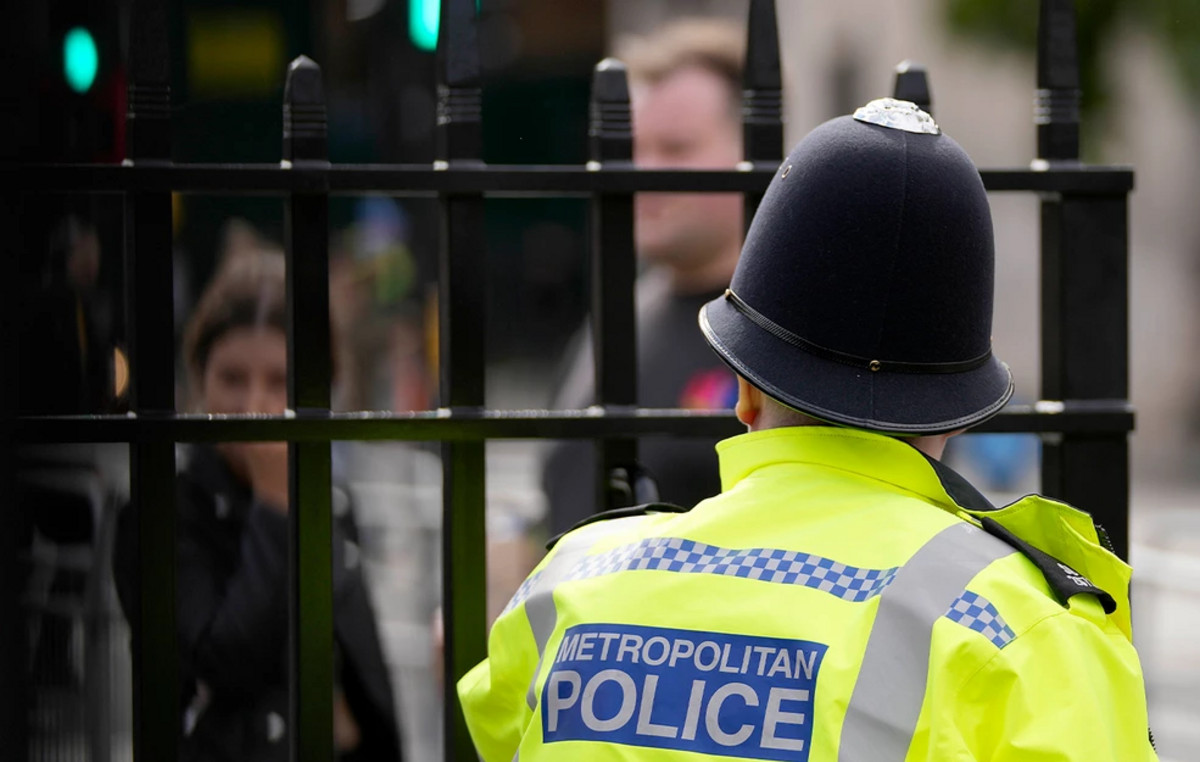This Wednesday (2) begins the archaeological excavations in the building that housed the former Information Operations Detachment — Internal Defense Operations Center, the DOI-Codi.
During the military dictatorship, opponents of the regime were arrested and tortured at the site, located in the south of São Paulo. The scientists’ work should continue until August 14th.
With the excavations, the researchers intend to explore the vestiges found in the place, such as objects, architectural structures and documentary records. The research is a collective work developed since 2018. The work will be carried out by researchers from UFMG (Federal University of Minas Gerais), USP (Federal University of São Paulo) and Unicamp (State University of Campinas).
The buildings of the old Doi-Codi/SP are considered a physical landmark, which documents the period in which the military dictatorship was in force. The building is a symbol of the state of repression imposed by the regime that began in 1964. Just through the DOI-Codi of the 2nd Army, in São Paulo, more than 6,700 prisoners passed through.
DOI-Codi was created in 1969, through a partnership between the Army and the Public Security Secretariat of São Paulo, under the name of Operation Bandeirante (Oban). It was a clandestine body, which brought together agents from the Civil Police, Military Police, Navy, Air Force and Army.
In 1970, he was made official under the name of DOI-Codi and was incorporated into the structure of the Army. It is estimated that over 7,000 people were tortured at the facility and that at least 50 were murdered in custody between 1969 and 1975.
“There, they worked mainly with intelligence to identify possible opponents and anticipate the actions of the left. They consider that they were very ‘successful’ in the mission of prior investigation, capture, torture and murder of their opponents”, says Deborah Neves, historian and technician at the Historical Heritage Preservation Unit of the São Paulo State Secretariat for Culture (UPPH). .
During the period in which the excavations will take place, the researchers also plan guided tours of the archaeological site, workshops with students and professors, as well as round tables and debates with former prisoners, researchers and personalities engaged in the defense of human rights. There is also the intention to create a memory space of São Paulo and allow society to access this information about the period.
Source: CNN Brasil
I’m James Harper, a highly experienced and accomplished news writer for World Stock Market. I have been writing in the Politics section of the website for over five years, providing readers with up-to-date and insightful information about current events in politics. My work is widely read and respected by many industry professionals as well as laymen.







